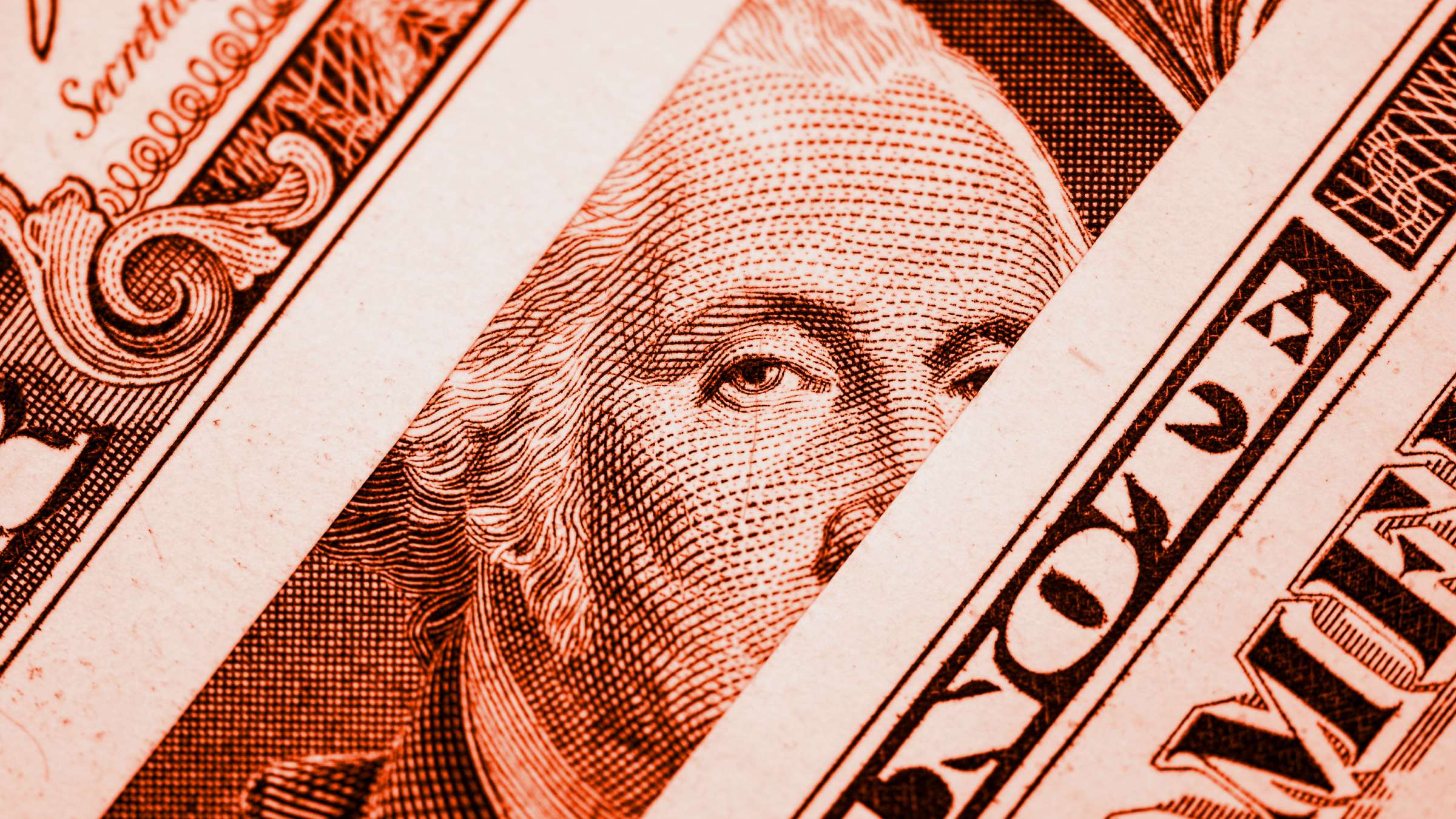
BEIJING—U.S. businesses in China have voiced increased concerns over what they see as rising anti-foreign sentiment and more difficult operating conditions as the economy posts slower growth.
[by William Kazer | February 11, 2015 | WSJ]
An annual survey released on Wednesday of about 500 members of the American Chamber of Commerce in China found that most companies believe that foreign firms have been targeted in widely publicized government investigations for a range of anticompetitive practices.
Many of those companies said this had reduced their interest in making fresh investments in China.
Some 47% of the companies surveyed by the business group also said they felt they were less welcome than a year ago, compared with 44% in a similar survey a year ago. Only 10% said they believed they were more welcome.
China has investigated and fined a raft of companies, most prominently technology and auto firms, for alleged anticompetitive practices. On Tuesday, Beijing announced a record fine of $975 million against U.S. chip maker Qualcomm Inc. for violating its antitrust laws. Microsoft Corp. has also been a target of an antitrust probe, and has said it is cooperating.
The chamber has also joined other foreign business groups calling on Beijing to postpone plans to require American technology firms to turn over sensitive material such as source codes and to submit to intrusive inspections.
Other foreign companies have also run afoul of the state planning agency and price regulator, the National Development and Reform Commission. Beijing has slapped combined fines of over $200 million on 10 Japanese auto parts makers for collusion in setting prices. Mercedes-Benz has also been found guilty of price fixing in its after-sales service.
China has countered that its antitrust probes have been aimed at numerous domestic companies, including some of its best known liquor makers like Kweichow Moutai and Wuliangye, which have been fined over 200 million yuan ($32 million) each. In recent weeks Chinese officials including Premier Li Keqiang have publicly cited Beijing’s desire to support an international business environment, at a time when growth in foreign investment is slowing along with the broader economy. Foreign direct investment into China rose 1.7% last year to $119.6 billion, compared with a 5.3% rise in 2013.
The chamber’s survey on the business climate in China didn’t name any specific cases or cite responses from any of the companies that were polled.
Asked about disputes such as the Qualcomm case, chamber officials declined to comment specifically but said they were concerned about the potential for “overreach” by regulators.
“What we are concerned about is that the laws are enforced in a fair and transparent manner,” chamber Chairman James Zimmerman told a news briefing.
Other complaints of foreign companies surveyed included rising costs as well as long-standing concerns over a lack of regulatory transparency, market access limits, intellectual property problems and unpredictable legal and administrative enforcement.
Nonetheless, most companies surveyed said they were optimistic about the outlook for the Chinese market over the next two years—and companies in the service sector were particularly optimistic. China has been trying to boost the role of consumption in driving economic growth.
More than 60% of the chamber’s members still rated China as one of their top three investment destinations. Most companies participating in the survey also said they expected increased revenue this year—though the proportion was down at 61% from 71% in the same survey a year ago, when about 300 firms were polled.
Companies also were overwhelmingly profitable, though fewer were seeing improvements as 42% said they expected better profit margins this year compared with 48% last year.
Some 31% of the companies said they have no plans to make fresh investments in China—the highest level since the global financial crisis in 2009—and up from 27% in 2014.
Meanwhile, corruption—one of the main complaints of foreign companies in the past—slipped off the list of top concerns amid an official campaign to stamp out such official abuses.
Member companies also said they were encouraged by the prospect of a bilateral investment protection treaty in the not-too-distant future. The treaty is “overwhelmingly seen as a positive opportunity to alleviate many of these concerns,” the chamber said.













